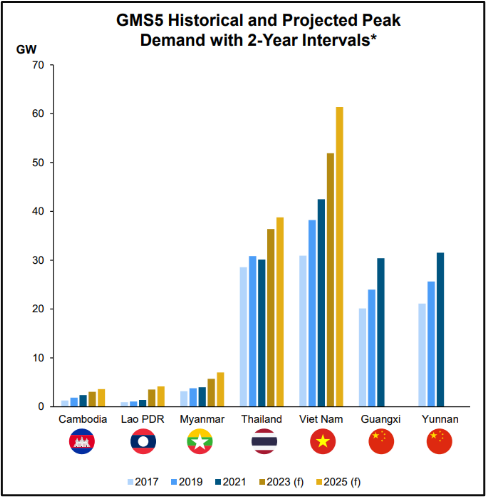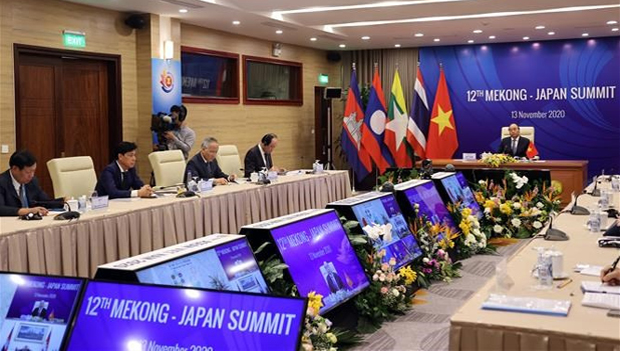Cambodia Approves Two 500 kV Transmission Line Projects
The Government of Cambodia’s Council of Ministers approved two 500 kilovolt (kV) transmission line investment projects in (i) Phnom Penh to the Cambodia-Lao PDR border, and (ii) Battambang to the Cambodia-Thailand border, to prepare to import electricity from its neighbors. The Government of Cambodia is working on increasing the country’s electricity capacity to improve production and competitiveness.







